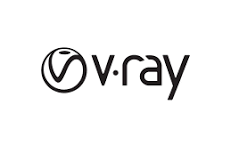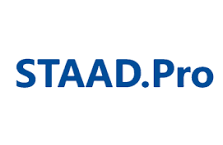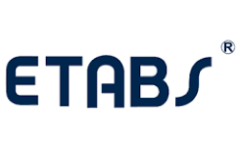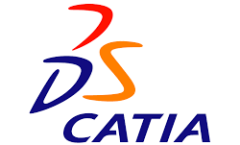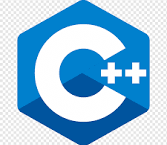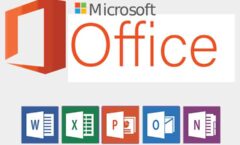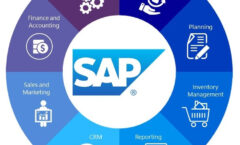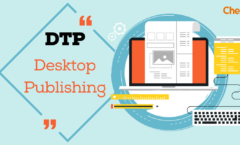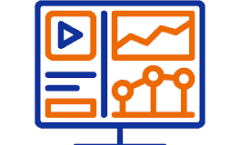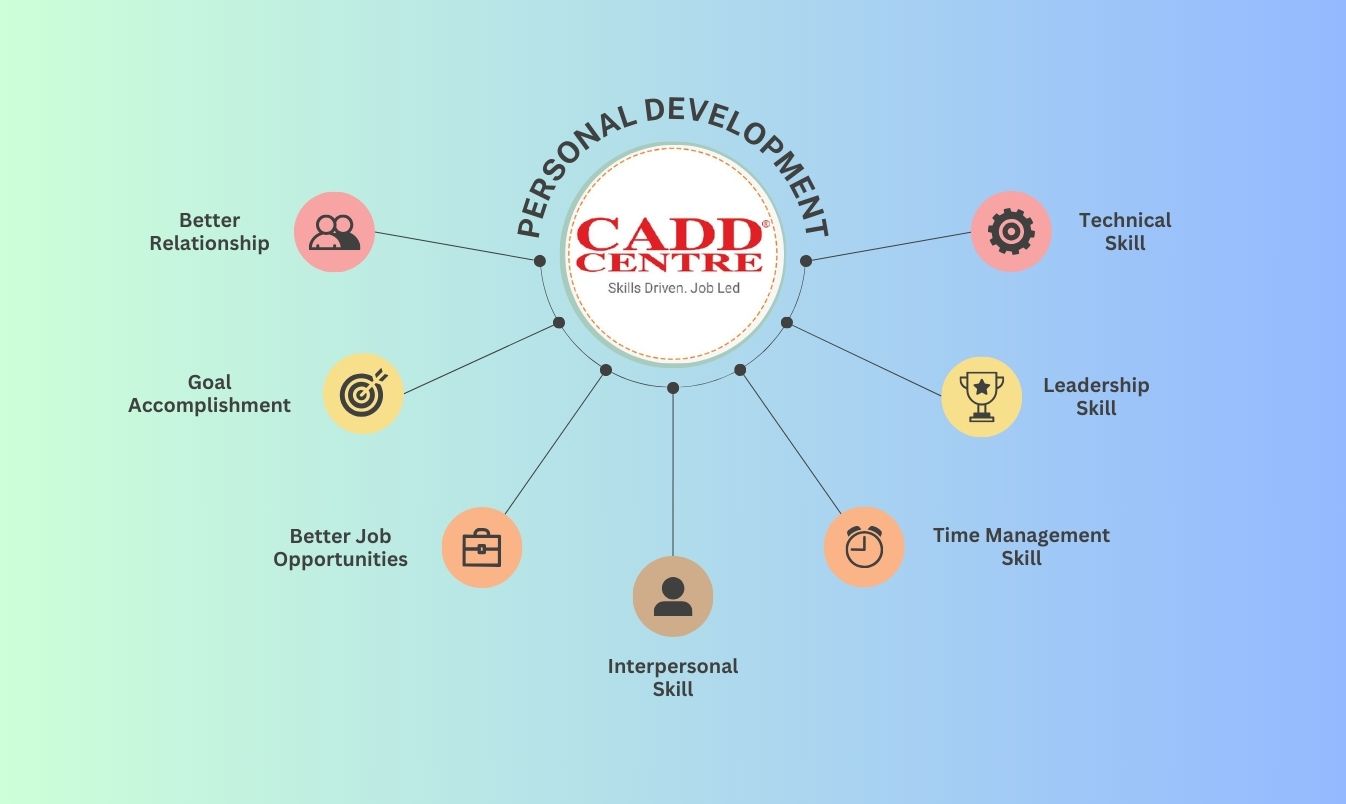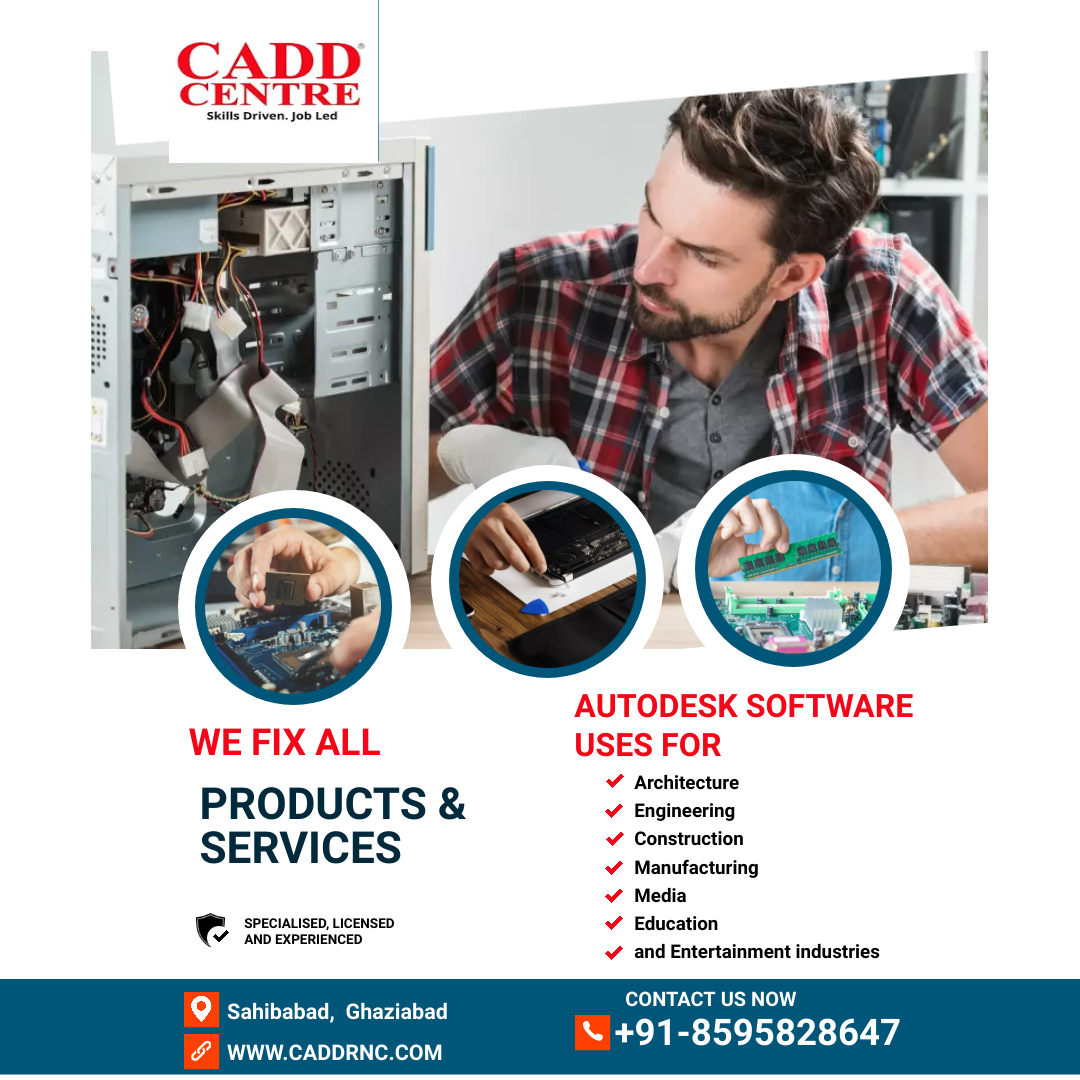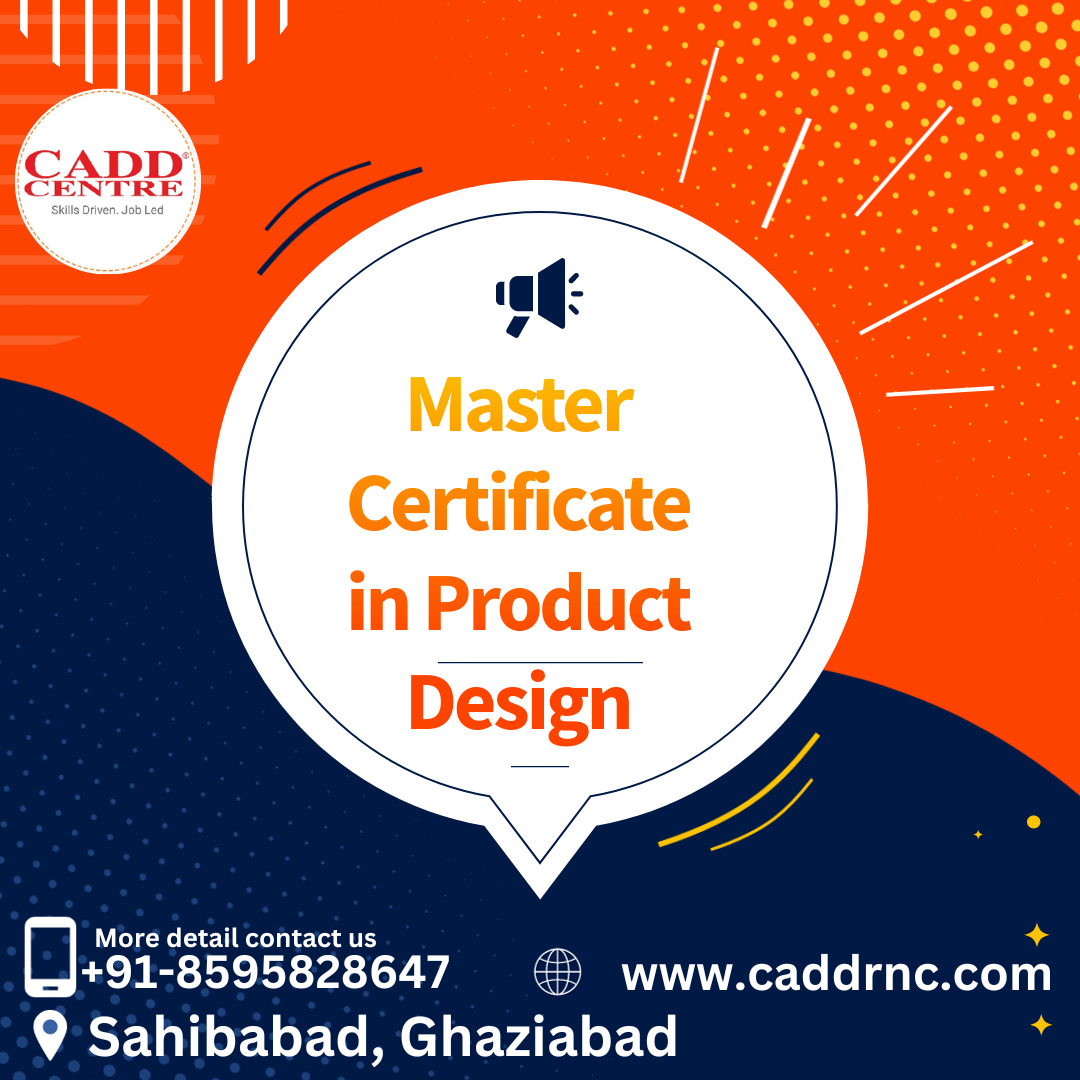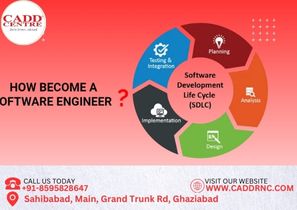SAP ERP (Enterprise Resource Planning)
We offer following two module of the course:
Proficient Course: 80 Hours
Essential Course: 40 Hours
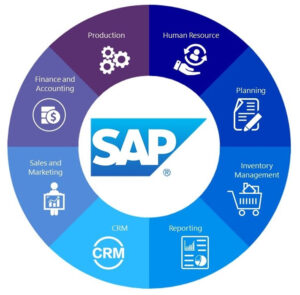
SAP ERP (Enterprise Resource Planning) is a comprehensive business management software suite developed by SAP SE, a leading enterprise software company. SAP ERP integrates various business functions and processes, including finance, human resources, supply chain management, manufacturing, procurement, sales, and distribution, into a single unified system. If you’re interested in learning SAP ERP software, here’s an overview of what you might expect:
Introduction to SAP ERP: Understand the concept of ERP and the role of SAP ERP in streamlining business operations and enhancing efficiency.
SAP ERP Modules: Explore different modules within SAP ERP, such as:
- Financial Accounting (FI)
- Controlling (CO)
- Sales and Distribution (SD)
- Material Management (MM)
- Production Planning (PP)
- Quality Management (QM)
- Human Capital Management (HCM)
- Project Systems (PS)
- Customer Relationship Management (CRM)
- Supply Chain Management (SCM)
Navigation and User Interface: Familiarize yourself with the SAP ERP user interface, navigation options, and basic functionalities.
Master Data Management: Learn how to manage master data such as customer master, vendor master, material master, and employee master within SAP ERP.
Transaction Processing: Understand how to perform various transactions within SAP ERP, including creating sales orders, purchase orders, invoices, goods receipts, and other relevant business processes.
Reporting and Analytics: Explore SAP ERP’s reporting and analytics capabilities, including generating standard reports, creating custom reports, and analyzing business data using tools like SAP Business Warehouse (BW) and SAP BusinessObjects.
Integration: Understand how different modules within SAP ERP are integrated to provide a seamless flow of information across various business functions.
Customization and Configuration: Learn how to customize SAP ERP to meet specific business requirements through configuration settings, user exits, and enhancements.
Security and Authorization: Understand the security features of SAP ERP, including user authentication, authorization profiles, and role-based access control.
SAP ERP Implementation: Gain insights into the process of implementing SAP ERP within an organization, including project planning, system configuration, data migration, testing, and user training.
Best Practices and Industry Standards: Learn industry best practices for utilizing SAP ERP effectively and efficiently to achieve business goals and objectives.
Certification Preparation (Optional): Consider preparing for SAP certification exams to validate your proficiency in SAP ERP software.
You can learn SAP ERP through various channels, including SAP training centers, online courses, instructor-led training programs, books, and SAP’s official documentation and tutorials. Additionally, hands-on practice in a sandbox environment or through real-world projects can significantly enhance your understanding and proficiency in SAP ERP software.
Fill the Enquiry form and we will contact you shortly :
Start Your Professional Journey with following Courses
Architecture, Engineering and Construction>Masters Certificate In Architecture Design > Masters Certificate In Building Design > Masters Certificate in Interior Design > Masters Certificate in BIM > Expert Certificate in Architectural Design >Expert Certificate in Building Design >Expert Certificate in Interior design >Expert Certificate in BIM Production Design> Masters Certificate In Product Design >Masters Certificate In MEP Design > Expert Certificate in Product Design Information Technology > Python For Professionals >Java For Professionals >Robotic Design
Get in Touch
Address:Plot No.10, Above Burger King Restaurant, Near Metro Station, Sector-5 Rajendra Nagar Sahibabad, Ghaziabad, Uttar Pradesh 201005
Phone: +91-8595828647 , 9718824848
About Us
We are associted with CADD CENTRE , a trusted institution, enriching the careers of over 2.5 million learners worldwide technical courses . CADD CENTRE Training Services having training experience of 30 year in the field of AutoCAD(2D&3D) , Revit Architecture ,3ds Max , SoildWorks, CATIA, Ansys, Creo, STADD.PRO, C, C++, Pyhton, JAVA, Robotics Design , SketchUP, NX CAD etc.
Recent Posts
-
🌟 Start Your Journey in Design and Analysis with CADD RNC! 🌟
Are you ready to boost your engineering…
-
🌟 Bring Your Architectural Visions to Life! 🌟
✨ CASCOM 3D specializes in creating 3D-printed…




